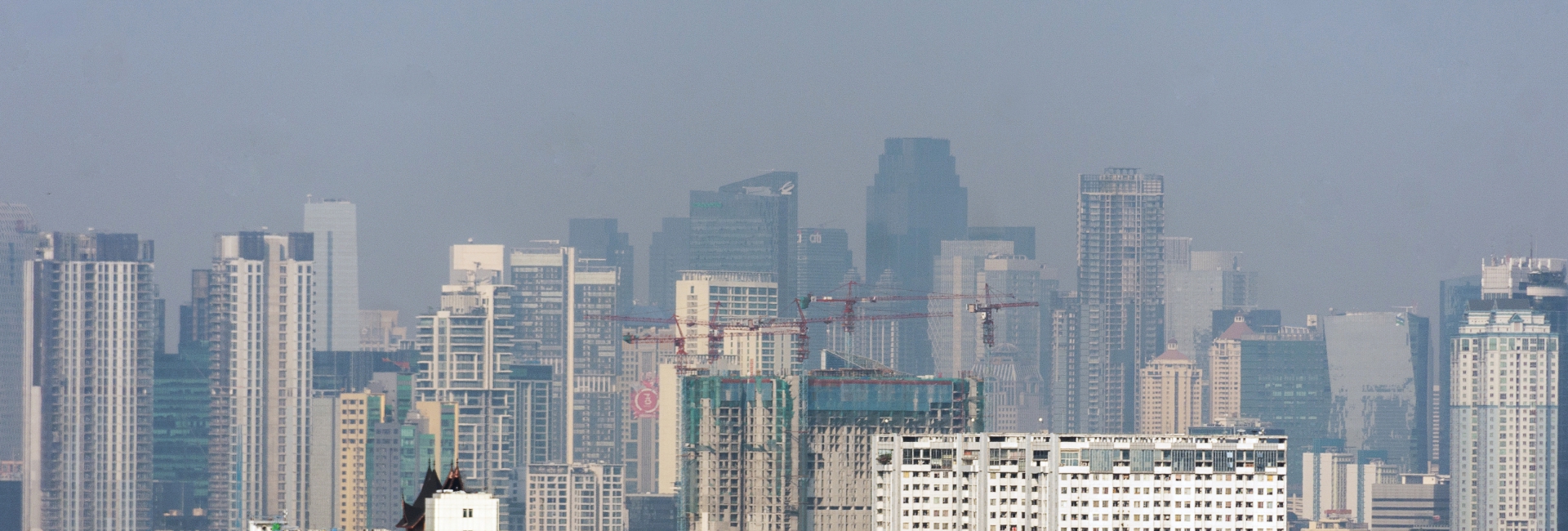To mark the beginning of initiative on promoting green growth at the national scope, the Government of Indonesia (GoI) integrate low carbon development into the National Medium-Term Development Plan (RPJMN) 2020–2024. Consequently, the development targets of selected sectors in the RPJMN must consider the carrying capacity of the environment. Some of the sectors include forestry and peat lands, agriculture, coastal and sea areas, energy, transportation, waste management, and climate resilience.
However, this initiative faces significant challenge as the coronavirus outbreak has hit hard the global economy. Many governments around the world, as well as the GoI, are now focusing their programs more on both controlling the spread of the virus and managing the country to recover from the pandemic-caused economic downturn. While well-intentioned, the strategy that follows poses some risks to sustainable development in the future, especially by sidelining the allocated budgets initially allocated for low-carbon long-term projects.
On the contrary, the country's ongoing battle against coronavirus can be seen as an opportunity to rebuild a greener Indonesian economy. Following the crisis, a wave of economic recovery efforts should be able to build tougher community resilience and more inclusive fiscal stimulus. A comprehensive stimulus package that allows high-emission "business as usual" transition into a more advanced low-carbon economy is key to tackling the COVID-19 crisis and emerging stronger action plans.
To develop such stimulus package, it is important to address the existing policies that already promote green growth in Indonesia.
- To identify the current state of stimulus package that support low-carbon development
- To identify what needs to be done to reach the national targets as well as the global commitment
We will review the budgeting policies on low-carbon development of each relevant ministry/institution (including, but not limited to, Ministry of Energy and Mineral Resources, Ministry of Environment and Forestry, Ministry of Ocean and Fisheries, Ministry of Agriculture, Ministry of Industry, and Ministry of Tourism and Creative Industry) for the period of 2018, 2019 and 2020 to identify the budget allocated to support the low carbon development.
We will also review existing regulations and non-budgetary policies of the relevant ministries intended to or affecting incentive to business players in adopting low carbon development practices. These include sustainable financing framework.



